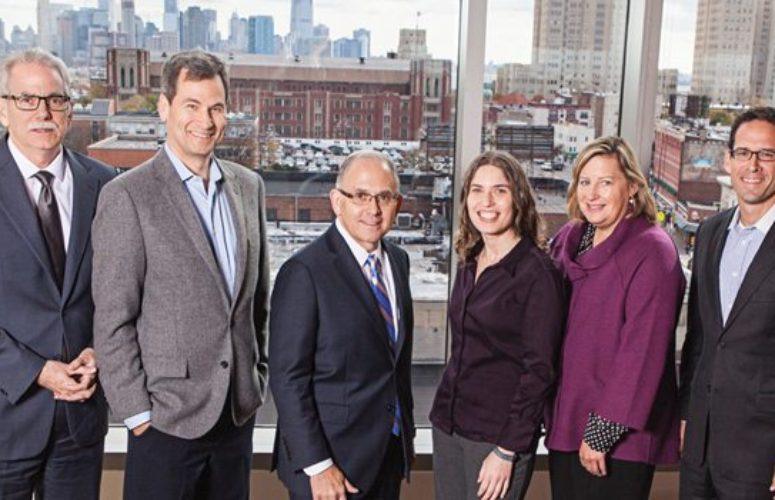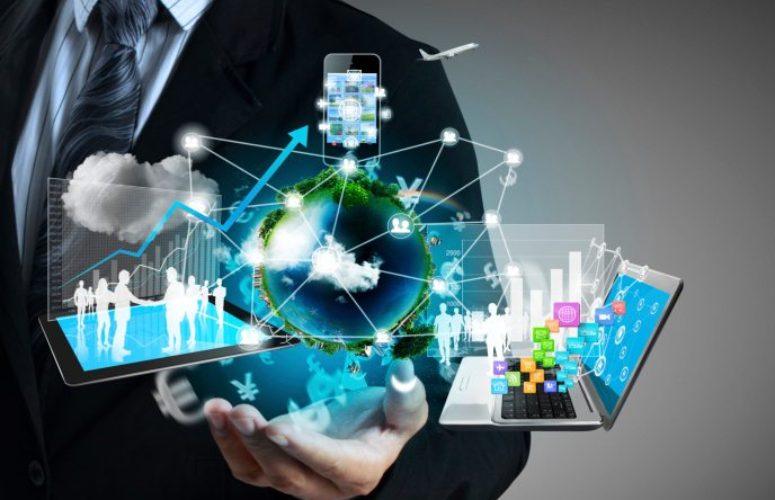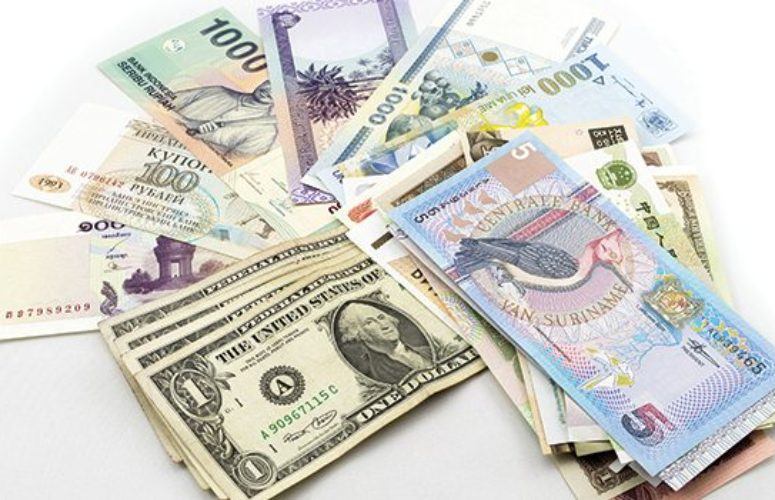
Big Data Today
Saint Peter’s University Business Symposium explored both the hopes and concerns surrounding huge data sets.
By George N. Saliba, Managing Editor On Jan 5, 2015So-called “big data” – massive data sets that both government and the private sector struggle to manage due to their size – represents the dawn of a new era, with privacy-related concerns on the one hand and the ability to better understand human nature or the broader world, on the other.
While much has been written about National Security Agency-related “big data,” it is equally true that scientists, companies and even specialized meteorologists rely on various data sets to yield impressive discoveries in their respective fields.
Saint Peter’s University recent 43rd Annual Regents Business Symposium titled, “Why Big Data is a Big Deal,” featured an array of panelists, and examined the topic in all its breadth and complexity.
For example, Moderator David Pogue, a Yahoo! Tech Columnist and host of “NOVA Science Now,” told the symposium’s audience about consumer-market wearable devices that measure users’ biometric data.
Pogue said, “It is all about tracking your fitness cycles; how much time you’re standing, exercising and moving. There is much data pouring forth from 200 million of these devices. And, this is just the beginning. In five years, what will happen to the data from these quantified-self devices? It is the Wild West. Who owns it? Who is analyzing it? Who is parsing it? What does mean? You look at [the device] in the morning: Your heart rate was ‘this’; your blood oxygen was ‘this.’ But, what does that mean? Should I change my diet? Should I break up with my girlfriend?
Pogue added, “I heard a researcher actually say the solutions to some cancers are in that pile of data, right now, because it knows where you live, how you act, how you sleep and what you drink. [The researcher said] if we could parse it the right way, we would find the trends that lead us to solutions to disease. But, right now, it is just this massive data. The insurance companies would love to get their hands on your biometric health data. Researchers would love to get their hands on it. However, at this time, I don’t think you can turn in [the] data to your doctor, if you wanted to do so. Nobody knows.”
Speaking about an entirely different type of data, panelist Paul Walsh, vice president of weather analytics at The Weather Channel, explained the weather has a $500-billion annual effect on the overall economy of the United States, and that big data strategies can assist with its analysis and impacts.
He said, “[Companies] are viewing weather as a strategic tool; more and more companies are looking at putting in place weather strategies. There have always been search strategies and social strategy. But, think about the importance of weather on consumer demand, and how it shapes our lives on a day-to-day basis: The fact is weather is something that is so measurable and predictable, and it spans across an entire organization. There are supply chain, pricing, staffing and advertising implications for large corporations. [The benefit increases] to the extent that you can be smarter in the way that you sense, monitor, predict and act on that information.”
In even broader terms, panelist Kathy Zanowic, vice president & senior privacy officer at Verizon, said, “There is a general understanding that ‘big data’ is going to solve really big problems, that we have never had the opportunity to [explore]. But this also creates lots of opportunities for harm.
“I think everyone would agree that if we could figure out a way to tie the data that Verizon, the government, other companies, and the health community has – tie it all together and figure out a cure for cancer – that would be a wonderful solution. However, [there is a problem] if in that process you are providing the insurance companies with data, and somehow someone is denied insurance because [the data indicates] they bought a deep fat fryer. There’s no way for that person to understand that he or she is paying more for health insurance because of the purchase, which they might have given [away] as a gift.
“[As an owner or keeper of the data], you have to have controls over not only the data itself, but how you protect it and disseminate it. Some of the controls that we have in place, and that many companies have in place, is that we do not share data. We just will not share it. And we will not share it in personal form.
“How do you get from these privacy rules that we promise to our customers – that we are not going to use this data – to being able to use it to cure cancer, or to solve an economic problem, or an environmental problem? I think that is one of the biggest public policy issues that we have to work out, in the near future, because the data has that much ‘good’ in it.”
Additional symposium panelists and speakers included Hilary Mason, data scientist-in-residence at Accel, and keynote speaker Paul DePodesta, an entrepreneur depicted in the film “Moneyball,” who serves as the New York Mets’ vice president of player development and scouting.
Related Articles:






